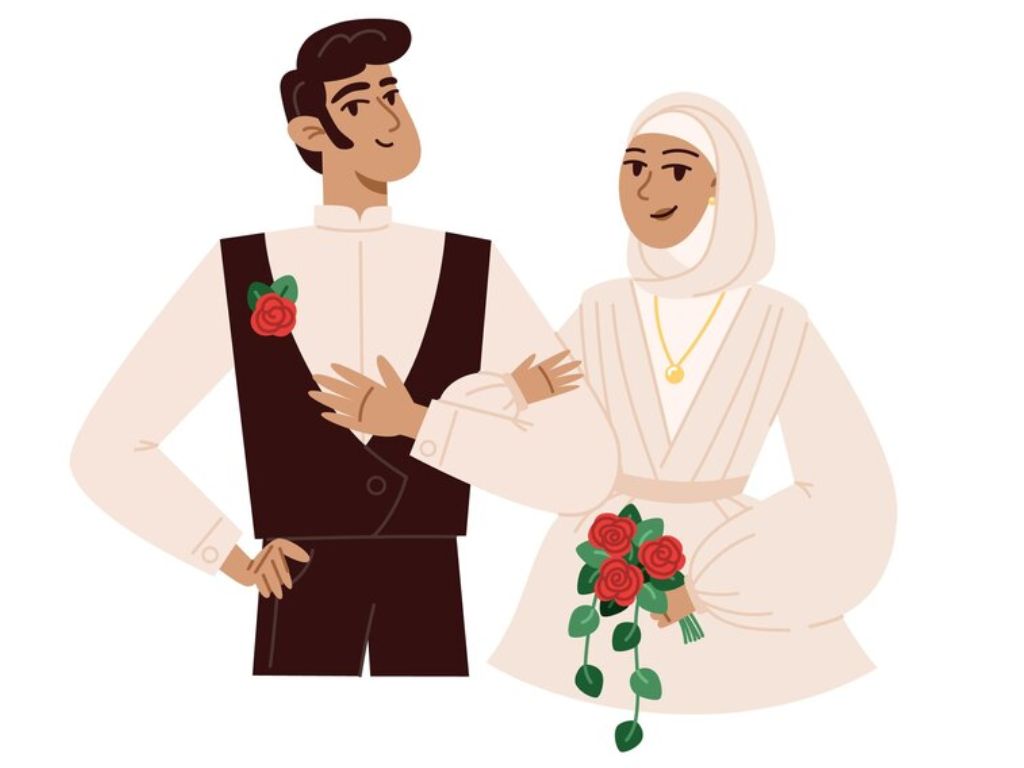- Mezzanine Floor, Falcon Plaza, Tariq Road, Karachi
- +92 300 2329223
- info@zahidlaw.com
Legal Age of Marriage in Pakistan – Rules & Penalties
- Home
- legal-age-of-marriage-in-pakistan
Marriage is a significant milestone in an individual’s life. However, understanding the legal requirements is crucial, especially in Pakistan, where cultural and religious practices intertwine with legal regulations. In this blog, we will explore the legal age of marriage in Pakistan, its implications, and related legal and social factors.
Legal Age of Marriage in Pakistan
The legal age of marriage in Pakistan varies for men and women. According to the Child Marriage Restraint Act of 1929, the following criteria apply:
- For Men: 18 years
- For Women: 16 years
However, several regions, including Sindh, have amended this law. In Sindh, both men and women must be 18 years old to marry legally under the Sindh Child Marriage Restraint Act of 2013.
Marriage Age in Pakistan: An Overview

The marriage age is influenced by Islamic principles, cultural norms, and legal frameworks. While Islam permits marriage at puberty, Pakistan’s laws aim to curb child marriage and ensure the well-being of minors.
Age of Consent in Pakistan
The age of consent refers to the legal age at which an individual can consent to marriage. In most parts of Pakistan, this aligns with the minimum age for marriage:
- Girls: 16 years
- Boys: 18 years
However, Islamic law permits marriage upon reaching puberty, leading to debates over aligning religious and legal standards.
Minimum Age of Girl for Marriage in Pakistan
In Pakistan, the minimum age of a girl for marriage is 16 years, except in Sindh, where it is 18 years. Parents or guardians violating this law may face legal penalties, as child marriage is considered a punishable offense.
Implications of Early Marriage
- Early marriage often leads to limited educational opportunities for girls.
- It increases health risks, particularly during childbirth.
- It perpetuates poverty and social inequalities.
Why is the Legal Age of Marriage Important?
The legal age of marriage ensures:
- Protection from Child Marriage: Safeguarding minors from exploitation.
- Health and Education: Allowing individuals to mature physically and mentally before marriage.
- Economic Stability: Ensuring individuals are capable of supporting a family.
Penalties for Violating the Legal Marriage Age
Parents, guardians, or any other individuals involved in arranging underage marriages can face fines and imprisonment under the Child Marriage Restraint Act.
FAQs About Legal Age of Marriage in Pakistan
1. What is the legal marriage age in Pakistan?
For men, the legal marriage age is 18 years. For women, it is 16 years, except in Sindh, where it is 18.
2. What is the age of consent for marriage in Pakistan?
The age of consent aligns with the legal marriage age: 16 years for girls and 18 years for boys.
3. What is the minimum age for a girl to marry in Sindh?
In Sindh, both girls and boys must be 18 years old to marry.
4. What are the penalties for underage marriage?
Penalties include fines and imprisonment for parents or guardians arranging child marriages.
5. Can a minor marry under Islamic law in Pakistan?
Islamic law permits marriage at puberty, but legal restrictions apply under Pakistani law.
6. Why is Sindh’s marriage law different?
Sindh introduced stricter laws to curb child marriages and align with global standards.
7. What role does the Child Marriage Restraint Act play?
The Act sets the minimum legal age for marriage and prescribes penalties for violations.
8. How is the marriage age verified in Pakistan?
Marriage age is verified through official documents like CNICs and birth certificates.
9. What are the health risks of early marriage?
Early marriage can lead to complications during pregnancy and childbirth.
10. Are there any exceptions to the legal marriage age?
Exceptions are rare and usually involve court intervention.
Conclusion
The legal age of marriage in Pakistan is a vital aspect of ensuring the well-being and rights of individuals, especially minors. While laws like the Child Marriage Restraint Act aim to prevent underage marriages, it’s equally important to spread awareness about these regulations to protect the future of our youth. Parents and guardians must adhere to these laws to avoid legal complications and contribute to building a society where every individual has the opportunity to thrive.
If you’re looking for reliable services such as online Nikah, court marriage, or obtaining a NADRA marriage certificate, feel free to contact us for expert assistance. We are here to make the process seamless and stress-free for you.
